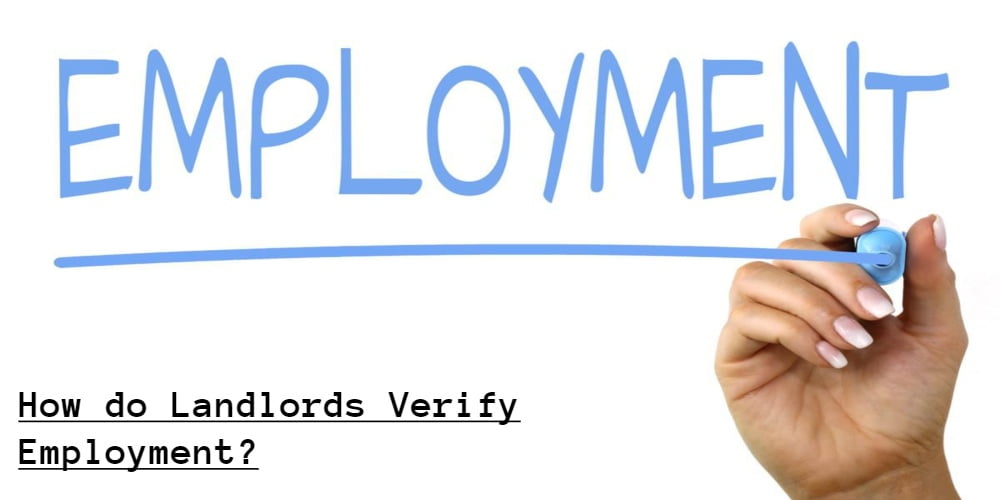Last Updated on September 29, 2021 by Kelvin Nielsen
Every landlord wishes to have high-caliber tenants rent their rental property. The sort of tenants that will pay rent on time, care for their property and live peacefully with their neighbors among other things.
And to land such tenants, landlords will normally screen each prospective tenant that applies to rent their home. They will screen prospective tenants based on a criteria based on things like:
- Credit Rating. The higher your credit rating, the higher your chances of getting selected by a landlord.
- Rental Background. A landlord will also want to know your rental background. This they will do by simply calling your previous landlord. They may want to know things such as whether you paid rent on time and adhered to the terms of the lease.
But whichever the criteria a landlord will go for, they must apply it in a non-discriminatory manner. That’s because landlords have a responsibility to treat all tenants (prospective and existing) with respect and fairness as per the Fair Housing Act.
For example, it’d be unfair for a landlord to ask different tenants different set of questions.
Now, the thoroughness of the screening process depends on a particular landlord. While some will not be as meticulous, others will go to the extent of hiring screening services to do the job for them. Whichever way they go about it, the following are the things that landlords look for in applications.
1. Late Payments
Landlords will want to steer clear of tenants who can’t make punctual rent payments. Chasing after rent is not only time consuming, but it’s also a recipe for losses.
Credit score reports will give a detailed overview of your financial management over the last seven to ten years. They will cover the late payments you have made and their frequency, and the current collection activities, if any.
A tenant credit check that shows several late payments will raise a red flag to landlords. After all, no landlord will want to rent to a tenant that can’t fulfil their basic responsibility. In addition, some landlords will use the negative credit report to set additional rental requirements. These may include bigger deposits or requiring cosigners on the lease.
Conversely, a credit report that shows consistent timely payments in the past on several accounts presents you as a responsible and reliable tenant. It is an assurance to the landlord that you won’t be in friction with them in the future in matters regarding rent payments.
2. Evidence of Evictions
Another category of tenants that landlords will avoid is those that have been evicted in the past. Such tenants can turn out to be problematic and waste their valuable time and money on an eviction process.
So, how do landlords screen for evictions?
Although the credit score doesn’t list evictions, landlords may acquire this information from a separate rental history report through a tenant screening service.
In a handful of states, it’s unlawful for landlords to turn away prospects simply because they have an eviction history. But generally speaking, an eviction history is something that’s sure to get your rental application rejected.
And given that tenant eviction history remains for up to seven years, the escape route here might be quite narrow.
3. Criminal Convictions
Landlords understand the trouble that comes along with law-breaking tenants. Examples of illegal activity that may lead to criminal convictions include prostitution and sale, manufacturing or distribution of drugs.
And regardless of the nature or the severity of the crime, prospective landlords will mostly turn away rental applicants with a criminal record. However, the current civil rights laws state that an arrest that didn’t lead to a conviction doesn’t give grounds to deny a prospective tenant housing.
Worthy of note, however, is that unlike late payments and past evictions, criminal activity won’t fall off your credit record after a while.
4. Lawsuits
While a lawsuit filed against a rental applicant doesn’t mean inability to pay rent in the future, landlords can use this as a criterion to refuse to rent to you.
It could be a pending lawsuit concerning a car accident or a workers’ compensation lawsuit. For such cases, the monetary cost impacted on you can exceed the amount of your insurance. And a landlord who doesn’t want financial inconveniences in the future can see this from far and deny you housing on those grounds.
Prospective landlords will also look for lawsuits on the credit score. Lawsuits filed against you for the past ten years will appear here.
5. Financial Stability
Getting tenants who are financially stable means the world to landlords. It means less trouble when it comes to rental payments and a good rental income for them in the long run. So, yeah, they’ll be meticulous when screening your sources of income.
Among many demands by landlords, some will require you to be earning at least double or triple the monthly rental cost. They can prove this using your credit report. And in the case you have nothing to show for it, you can request a confirmation letter from your employer and present it to the landlord.
What if your source of income is unsteady? Prove your ability to fulfill your rental obligations on time by showing them a pattern of income or a savings account.
6. Quality References
Landlords will also be on the lookout for quality references during the screening process. This mostly applies to young rental applicants who don’t have a rental history, yet. From your friends to colleagues to bosses, references can prove your credibility and reliability.
For prospective tenants with a long renting history, previous landlords and property managers are the ones they will likely call. Landlords will call them to confirm whether the details you gave in the rental application form are true. They could also ask questions about you such as:
- Would you rent to this tenant again?
- What did you love most about renting to this tenant?
- Was there anything you disliked about them?
- Were you happy with the condition they left your property in?
- Was is it easy to get along with this tenant?
- Did the tenant abide by the terms of the lease agreement?
There you have it – things landlords look for in applications. Always be honest in your rental application and attach all the documents required to increase your chances of being selected.

Hi, I’m Kelvin Nielsen, an experienced landlord and accomplished real estate lawyer. My focus is on answering your questions about renting in the hopes of making your life as a renter or a landlord a bit easier.







